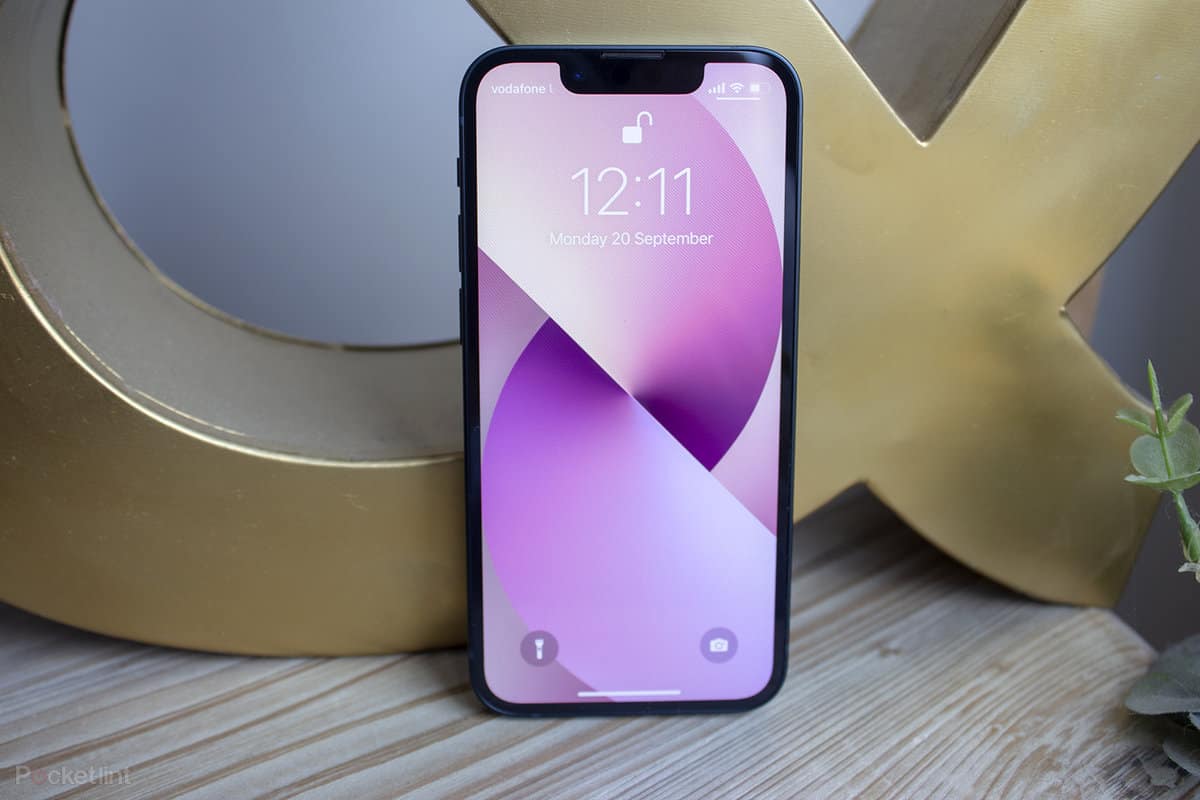There should be a big change soon for iPhones, and eventually, for Apple itself, which is the abandonment of its own Lightning cable. This will happen due to the commitment of the European Union, which is on the verge of passing a law requiring technology brands to use the same charging cable.
The proposal for a single charger appeared in the European Union in January 2020. Although politicians intended to adopt the measure within six months, there are many opposing opinions from companies in the technology field, and it is Apple, which formed the main opponent.
Apple may be about to change the iPhone charging port. According to a report by BloombergThe company is testing new iPhones and adapters with USB-C, which is what MacBooks and iPads already use, not to mention a slew of devices outside the Apple ecosystem.
Bloomberg sources said the adapter being tested could “allow future iPhones to work with accessories adapted to the existing Lightning connector.” That could mean a Lightning to USB-C adapter for things like credit card scanners or flash drives that plug into existing iPhones. The Bloomberg report indicated that if Apple keeps moving forward, it won’t happen until 2023 at the earliest.
Although Apple’s decisions to switch ports have been the subject of many jokes, the switch to USB-C may be welcome. USB-C is slightly larger than Lightning, but can deliver power and data faster. This step could make life a lot easier for those who already use USB-C to charge most of their devices.
Now, out of curiosity, the Apple won’t be the first to make an iPhone with USB-C.
The European Parliament has already declared that the presence of different types of shippers causes 51,000 tons of waste annually, so it is necessary to end mass production of this type of material. With the new measure, the European Commission hopes to take a step forward in terms of sustainability as well as increase the useful life of the equipment.
There are currently three charging models on the market: USB 2.0 Micro B, USB C and Lightning, and in 2009 there were nearly 30 models, having recorded a significant decline since then.
The European Commission expects the measure to officially enter into force in 2024.

“Coffee trailblazer. Social media ninja. Unapologetic web guru. Friendly music fan. Alcohol fanatic.”


